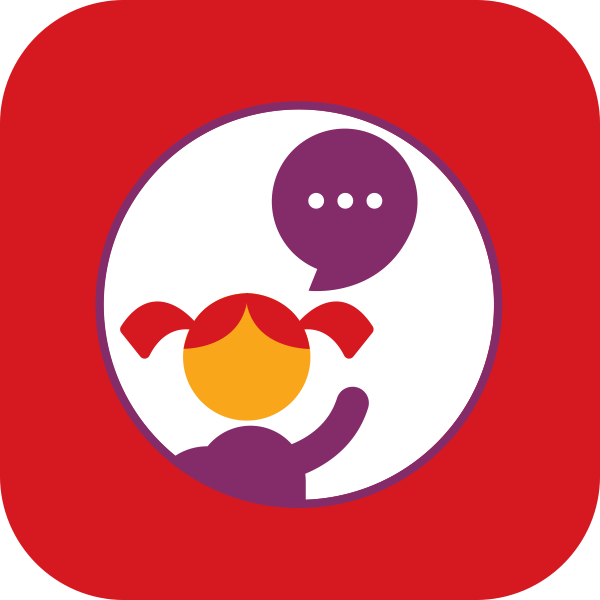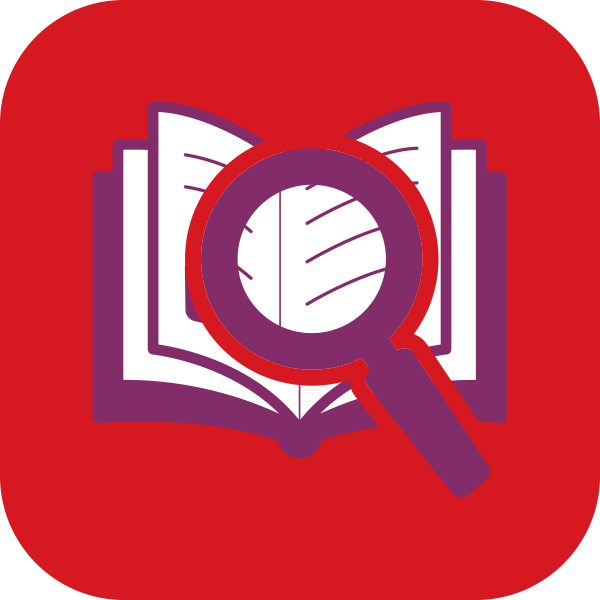The North Liverpool Academy is a large comprehensive which mainly serves the Anfield area of Liverpool. Ian Mooney, Strategic Lead on Assessment, and Lauren Weston, Learning Support Assistant, explain how the school is using WellComm Primary to identify students requiring speech and language support.
The North Liverpool Academy lies in an economically disadvantaged part of the city and a large number of the school’s intake has traditionally had a significant problem with reading.
To understand the extent of the problem and pinpoint areas for intervention, the school uses data from GL Assessment’s Cognitive Abilities Test (CAT4), New Group Reading Test (NGRT) and British Picture Vocabulary Scale (BPVS). “These assessments show us that at least a third of our Year 7 intake have a significant language deficit,” Ian explains. “Across the cohort, the main issue is deprived vocabulary and we are implementing an oracy programme to try and solve this problem.”
This year, the school has added one more assessment to the mix - the WellComm Primary speech and language toolkit.
Identifying speech and language needs
Lauren works within the SEND department, which deals with students who may have underlying speech or language issues. Often, these issues haven’t been identified at primary school.
“WellComm Primary was recommended to us by an independent speech and language therapist as a tool that they use and consider effective,” she says.
WellComm Primary allows you to quickly screen and identify children struggling with their speech and language. Screening takes just 20 minutes, and the toolkit's Big Book of Ideas provides immediate intervention with 50 activities.
“We tend to work with individual Year 7 and Year 8 students, and they have benefitted from the visual aids and the resources which are really helpful. The informal assessment methods are easy to carry out and students are much more engaged with these than with other methods.”
Ian agrees: “Initial group assessments for most of our students are formal occasions, such as when we conduct CAT4 and NGRT. We use CAT4’s Verbal Reasoning battery with NGRT to identify a sub-group that we believe have vocabulary issues. Most of these students enjoy doing assessments such as WellComm, as they provide them with some one-to-one time which they often crave. As they can easily access WellComm, they are happy to get involved.”
Putting interventions into place
“We are in the initial stages of putting the WellComm interventions into practice, using The Big Book of Ideas which comes with the toolkit,” Lauren explains. “We carried out all of our initial assessments before we had to close in March and identified which students we would be working with. We noticed a trend in terms of vocabulary ages, as the majority had a vocabulary age of around seven. We put together an intervention plan that was centred around this group to get maximum impact.”
The SEND team has a scheme of work ready to implement, however they are waiting until students settle back into school before starting the literacy intervention classes after half-term. “The students’ social and emotional wellbeing always comes first,” Lauren says. “We have students who were vulnerable before lockdown and will be even more so as they come back.”
The intervention sessions will take place twice a week in the morning, in small groups of 3-4 to adhere to social distancing guidelines. “Some things have had to change,” Lauren reflects. “We used to have a mixed Year 7 and Year 8 group but because of social distancing they now need to be in their year group bubbles.”
Although some students have inevitably been impacted by lockdown, some have in fact benefitted. “There is a girl working with the SEND department who spent a lot of time during lockdown with her grandmother and had plenty of adult conversation. Someone talking to her every day has really helped her,” Ian explains.
“Some of these children are vulnerable, so we have to gently introduce them back into school. WellComm will be very useful in encouraging these children to work with us.” Lauren adds: “We are very pleased with how accessible it is to our learners.”
North Liverpool Academy is one of our Centres of Assessment Excellence



